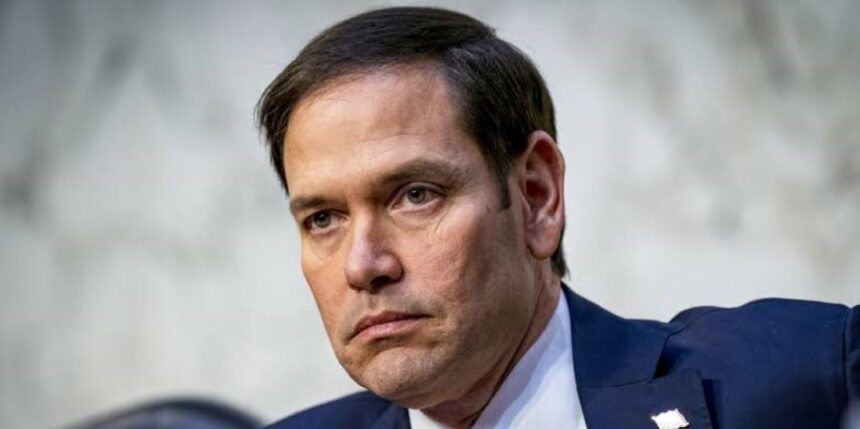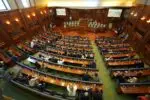U.S. Secretary of State Marco Rubio is set to embark on his first official trip abroad, visiting Panama, El Salvador, Costa Rica, Guatemala, and the Dominican Republic from Saturday to Thursday.
Rubio is scheduled to meet with Panamanian President José Raúl Mulino, Salvadoran President Nayib Bukele, Costa Rican President Rodrigo Chaves, Guatemalan President Bernardo Arévalo, and Dominican President Luis Abinader.
This marks the first time in over 100 years that a U.S. Secretary of State’s first foreign visit is to Latin America, according to Special Envoy for Latin America Mauricio Claver-Carone.
Countering China’s Influence
Officials and analysts note that the visit aims, in part, to counter China’s growing influence in the region.
“Secretary Rubio’s meetings with top officials and business leaders will advance regional cooperation while serving our core interests, such as stopping illegal immigration, combating transnational criminal organizations and drug traffickers, responding to the challenges posed by China, and strengthening economic partnerships to boost prosperity in our hemisphere,” said State Department spokeswoman Tammy Bruce on Friday.
President Donald Trump has suggested that the U.S. should regain control of the Panama Canal. He has accused China of exerting undue influence over the key trade corridor linking the Atlantic and Pacific Oceans. However, Panama has dismissed these claims, maintaining that it manages canal operations impartially.
On Thursday, Rubio warned that China could potentially block access to the canal in a conflict scenario.
“If China’s government, in the event of a conflict, tells them to shut down the Panama Canal, they will do it. And frankly, I have no doubt they already have an emergency plan for that. This is a direct threat,” Rubio stated in an interview with SiriusXM Radio.
However, Panamanian President Mulino ruled out any discussions with Rubio regarding canal control.
“I cannot negotiate, let alone open negotiations on the canal,” he told reporters Thursday. “That discussion is closed. The canal belongs to Panama.”
The Broader Geopolitical Landscape
Some analysts argue that China has been expanding its influence across the Western Hemisphere through economic and non-economic tactics, raising security concerns.
“They may think they are getting more Chinese investment, but soon they will be pressured to join Beijing’s Belt and Road Initiative or sign agreements that grant China concessions in telecommunications,” said Ryan Berg, Director of the Americas Program at the Center for Strategic and International Studies.
Launched in 2013 under President Xi Jinping, the Belt and Road Initiative is a massive infrastructure project aimed at connecting continents via land and maritime trade routes.
Washington has repeatedly warned that the initiative undermines the global trade system by prioritizing China’s strategic interests.
Direct Chinese investments in Latin America and the Caribbean have surged, reaching approximately $160 billion over the past 15 years, according to Berg.
“From a national security perspective, many of China’s economic projects in Latin America have underlying military ambitions,” said Joseph Humire, Executive Director of the Center for a Secure and Free Society.
“China has had a presence in Panama for over 20 years, but it became politically active there after 2017,” Humire noted, referring to Panama’s decision to join the Belt and Road Initiative and switch its diplomatic recognition from Taiwan to the People’s Republic of China. He also pointed out Panama’s economic downturn in recent years.
Addressing Migration and Regional Diplomacy
All of the countries on Rubio’s itinerary maintain diplomatic ties with Cuba and Venezuela. Given Washington’s strained relations with these nations—both of which refuse to accept deported migrants—Rubio may seek agreements with “third countries” willing to accept U.S. deportees.
Additionally, he may negotiate an increased number of deportation flights to repatriate migrants from the U.S.
— By VOA News







